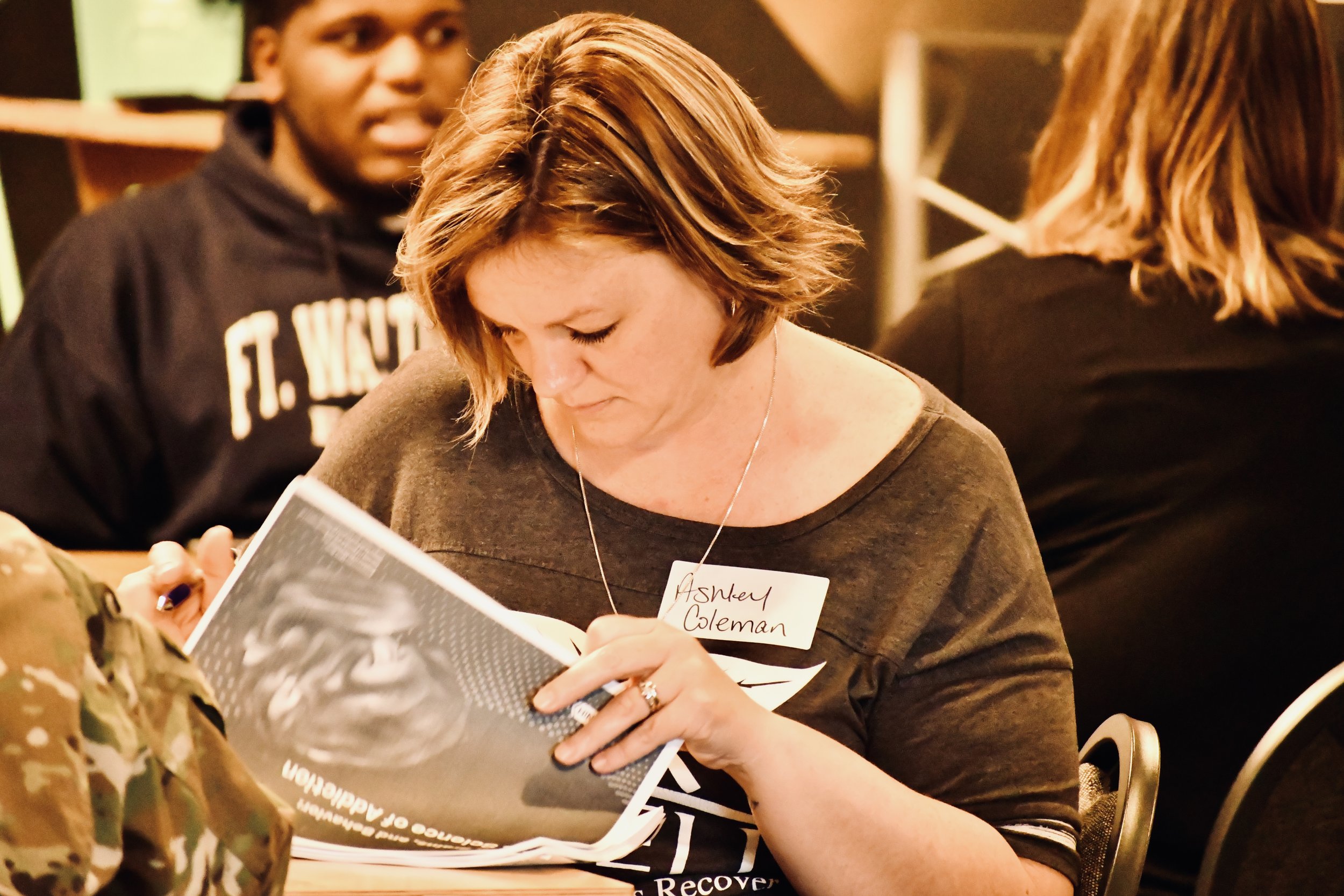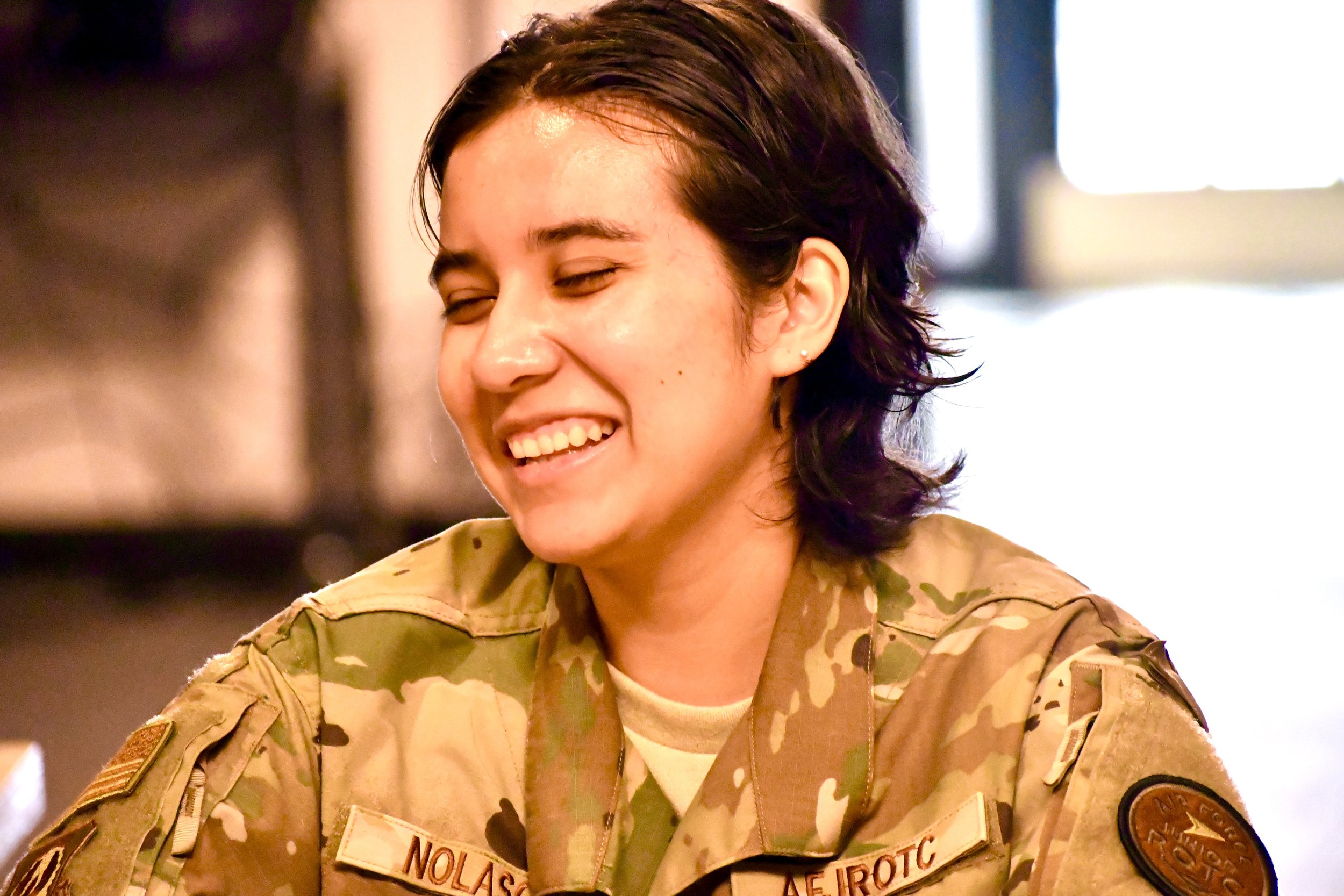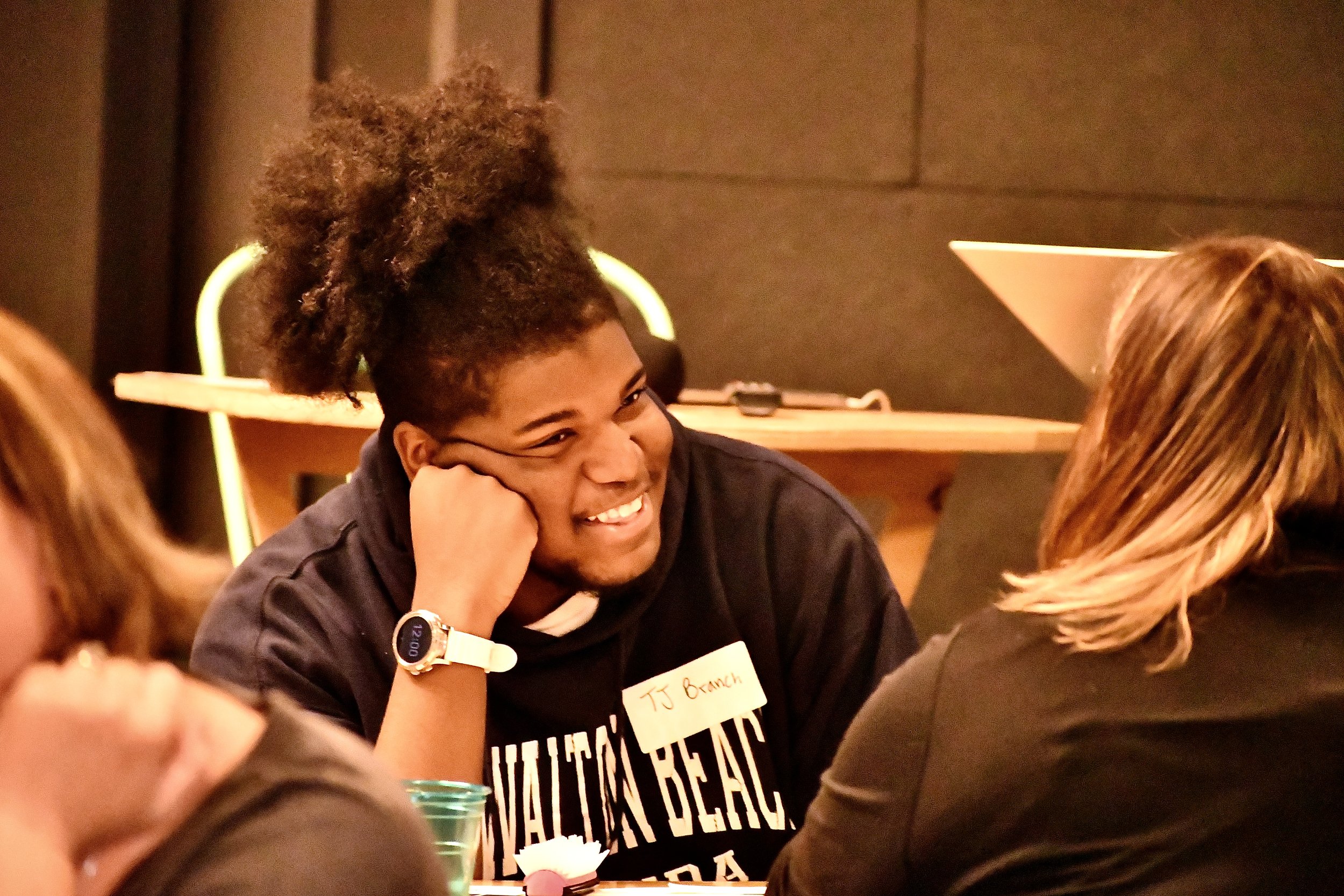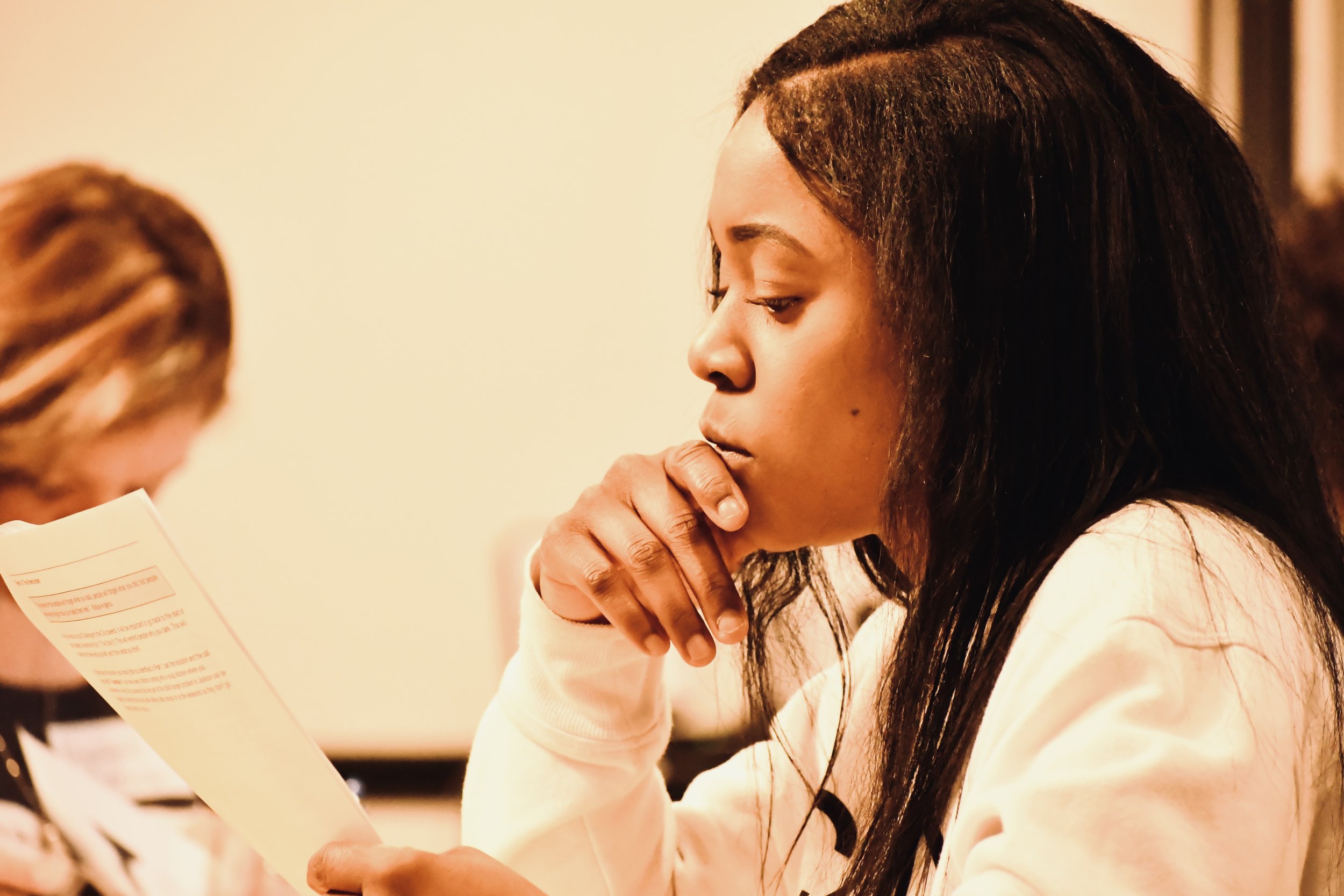Understanding Expertise
“Often a sign of expertise is noticing what doesn’t happen” - Malcolm Gladwell
Since the sinking of the Titanic in 1912, museums have been built, books written and movies made documenting one of history’s most infamous disasters. At face value, it is a simple story. A big luxury ship was built, it hit an iceberg and lots of people died.
A century of armchair analysis, pondering, and speculation has passed as people have reflected on the many what-ifs and characters in the tragedy. One lesser-told story focuses on the binocular box in the crow’s nest of the ship.
In the days before the Titanic set out across the Atlantic it stopped in Southampton, England. An experienced Captain and his Second Officer David Blair piloted the ship down from where it was constructed in Belfast Northern Ireland. As planned by the White Star Line - the company which owned the Titanic - the first crew swapped places with a more well-known, higher profile Captain named Edward Smith and his Second Officer. This new executive crew led by Captain Smith was popular among the wealthy passengers and provided a good profile for the ship’s first voyage.
As David Blair, the little-known Second Officer who had sailed from Belfast, stepped off of the ship for the final time on April 6, 1912, he forgot something. Without thinking he accidentally took with him the key to the binocular box in the crow’s nest where the lookouts were to watch for dangers over the 137-hour trans-Atlantic crossing.
It was a shortsighted mistake by the more junior Second Officer, forgetting to pass along the key to the high-profile Captain who was taking over. Though small, it shouldn’t have happened among a group of the world’s leading maritime experts. This was especially so given that the two crews had been tasked with managing the most expensive vessel of any kind on land, sea, or in air.
Few could doubt the two executive crews’ expertise. The Captains and Second Officers had knowledge. They had experience. However, in this particular case, a few things were missing in the expertise of both the Captains and Second Officers. These gaps contributed to a shortsighted mistake which blocked a farsighted evaluation of risk.
Lauren Kirk, Chief Innovation Officer at The City of Jackson coaches on how to better understand issues of poverty and hunger. Photo credit Hannnah Gore.
The Jackson Grown Leader Fellowship has taken a bold step to develop high quality co-leadership at all levels of the community. It has asked high school students to learn, listen and lead. It has asked the community to learn, listen and lead with them. It has asked both hear and empower one another.
Over the past two years, students taking part in the Fellowship have had the freedom to identify issues they are passionate about. They have chosen issues that they see as relevant to the community, ones that they believe need to be addressed. The issues are complex. The roots are multifaceted. Approaches are far from straightforward.
On March 24th some of Jackson’s most qualified experts in fields ranging from mental health, drug abuse, and sexual harassment to poverty, hunger, child abuse, and improving opportunities for youth met with students in the Jackson Grown Leader Fellowship.
Sitting face-to-face, invited Expert Leaders and Jackson Grown Leader Fellows discussed these topics. The titles of some challenges are well known: “poverty”, “hunger”, “drugs.” The literature, theory, and interpretations of the roots of those problems are not always as well-known.
In these conversations, a core objective was that Expert Leaders and Jackson Grown Leader Fellows weren’t restricted by the protections of circular arguments. They didn’t hide behind the comforts of obscurity. They didn’t indulge in ignorance. For both Expert Leaders and the Fellows, direct questions were afforded direct answers. Unknowns were acknowledged. Limitations were recognized. Assumptions were challenged.
Several characteristics of high-quality expertise emerged. The expertise of the Expert Leaders was met with honest questions from the Jackson Grown Leader Fellows. Given the professional distance and context, both Expert Leaders and Jackson Grown Leader Fellows weren’t separated by hierarchy, bureaucracy or insecurities. Most importantly, they shared a deep common interest to better understand and better address the challenges in front of them.
Konisha Williams, Community Health Director at the Jackson-Madison County Regional Health Department discusses ways to bring awareness to issues of mental health. Photo credit Hannnah Gore.
Who has the key? Is there anything i should know about how to use it?
Though the details are lost to history, we can imagine that the exchange of information in Southampton between the two executive crews was significant. How could it not be with the 900 crew members, 6,600 tons of coal, 2,240 passengers, 2,800 miles to be traveled, and 200,000 pounds of food to manage? Among some of the world’s top experts in their field, simple questions such as who had the key to the binocular box were relatively minor and below their paygrades.
However, in this case, we see that small questions can be quite farsighted and strategic. Breadth of knowledge must be complemented with depth of understanding. To ensure the crow’s nest served its purpose, binoculars were needed. For the binoculars to work, they needed to be in the hands of a trained lookout crew. All of that required the binocular box to be open. Most importantly, the senior Captain needed to be willing and able to ask the simple questions. No detail was too small to matter.
Expertise lives in simple questions, not always in complex answers.
Observing the Expert Leaders who attended we saw that genuine expertise lives in crisp, thoughtful questions. The Expert Leaders listened to the knowledge, experiences, motivations, and reasoning behind the Fellows' interests. Though experienced professionals, the Expert Leaders were able and willing to ask simple questions. On the sides of both the Expert Leaders and the Jackson Grown Leader Fellows, knowledge was shared from a posture of learning, asking, listening, and hearing.
Many times as we are called on to share expertise in work or school, this can be intimidating. Does a simple question imply simple thinking? In our classrooms, workplaces, and social circles we may feel the need to demonstrate expertise through long stories or statements. Though sometimes required, if our goal is to lead leaders, good questions can guide good thinking.
Like Captain Smith setting out to New York, we may see ourselves as “leaders of passengers” instead of a “leader of an executive crew.” We may speak at others as opposed to with others. We may tell instead of ask. Monologues are tolerated by passengers if the other person is, or projects himself as, expert. Dialogues are resisted and simple questions may be put aside because, well, they can be threatening to the “expert” (the Captain).
Importantly, the Expert Leaders who attended the Expert Leader Day demonstrated how to lead leaders. In doing so provided a thoughtful, well-tailored balance between knowledge sharing and questioning to guide the Jackson Grown Leader Fellows in their chosen areas.
T.J. King Sergeant at the Madison County Sheriff's Office shows how to find organizations working on a key issue in the community. Photo credit Hannnah Gore.
Expertise empowers
If Captain Smith who took charge of the Titanic had remembered to ask, what would have been the reaction if the Captain or Second Officer David Blair who stepped off of the ship had offered to give advice on how to open a tricky binocular box in cold weather? Would the high profile Captain Smith have been annoyed? Would he have seen it as an insult to his knowledge and experience? Who doesn’t know how to turn a key?
During the Expert Leader Day of the 2022 - 2023 Jackson Grown Leader Fellowship saw that true expertise begets new expertise. The Expert Leaders who joined provided shared knowledge and experience that strengthened the Fellows’ growing foundation of expertise. The Fellows were willing to listen and learn as well as ask tough questions and share their experiences.
The Expert Leaders were willing to coach and guide but also able to be challenged. This allowed both the Experts and the Fellows to build on, integrate and, sometimes, refine or improve the different types of knowledge and experience on both sides.
It was here that we observed true expertise requires humility by both the older and younger leaders. It requires humility to admit what one does not know (Where is the key?). It requires the grace to allow another person to admit mistakes or a quality response (Ah, I’m sorry! Here it is).
It requires courage to be vulnerable both by the older leader (I’m not sure how to use the key on this particular binocular box if it’s cold, can you show me?) and the younger leader (How can I make sure someone doesn’t almost walk off without passing the key over?)
This is of course hard. In a macro economy of ideas we prefer micro monopolies of opinions. People labeled as experts, whether in knowledge, experience or neither, can disrupt lightly constructed assumptions or arguments. Expert Leaders recognize limitations. Being grounded on both knowledge and experience they take alternative approaches. Expert Leaders prefer architecture to demolition. They choose reconstructive surgery over amputation. They teach instead of tell.
Christi David, Park Operations Manager at The City of Jackson discusses how to increase opportunities and improve spaces for youth in Jackson. Photo credit Hannnah Gore.
Expertise is objective
Captain Smith who was piloting the Titanic was known to go fast. His luxury passengers wanted to arrive early. At the time the ship crashed into the iceberg, it was going 25 miles per hour compared to the 20 mph it needed to get to New York on time. It may not sound like much, but for a ship that big it prevented the ship from being able to avoid the crash by the time the iceberg was spotted…without the help of the binoculars locked away.
Though going fast was not immediately related to the missing binocular box key, the less conservative approach to steering the ship (going fast) ensured that any unknown problem would have large consequences. The Captain’s opinion was that he should prioritize the passengers’ desire to arrive quickly. This overruled a more objective analysis that, on a maiden voyage for a ship that big and that complicated, the chances were quite high that a mistake would be made somewhere.
We all have opinions. Some justifiable and some less so. If our expertise on a particular topic is clouded by too many opinions, this can lead to potential flaws in our conclusions and actions as leaders.
During the 2022 - 2023 Expert Leader Day, participants were encouraged to examine issues with as little bias as possible. Expert Leaders offered a mix of knowledge and experience that acknowledged strengths, weaknesses, opportunities, and threats to different approaches. Fellows were encouraged to do the same which the topics they chose to address. This helped ensure they understood some of the more nuanced textures and layers of the topics they are working with.
Kalin Earnest listens intently to her Expert Leader. Photo credit Hannnah Gore.
The Jackson Grown Expert Leader Day sought to provide a channel to exchange expertise. Invited Expert Leaders entered humbly and aimed to guide Fellows toward a fuller understanding of their community. The Experts’ strong qualifications in their respective fields were demonstrated by the fact that, in Donald Rumsfeld’s words, they knew the knowns, were aware of the unknowns, and respected the unknown unknowns.
Setting out to grow a community of co-leaders, expertise in important topics is essential. Expertise grounded in strong knowledge and experience, however, must not shy away from the challenges of simplicity. Expertise must also empower through humble approaches between co-leaders whether younger or older. Finally, as demonstrated in the Jackson Grown Expert Leader Day, that expertise must be objective. It must wisely consider the pros and cons as well as the positive and negative impacts of any approach whether directly or indirectly related to an action being taken. Each, of course, is as difficult as it is essential.
Mark Walls Affiliate Leader at the National Association of Mental Health in Gibson County listens to suggestions on approaches that can be taken by high school students. Photo credit Hannnah Gore.










